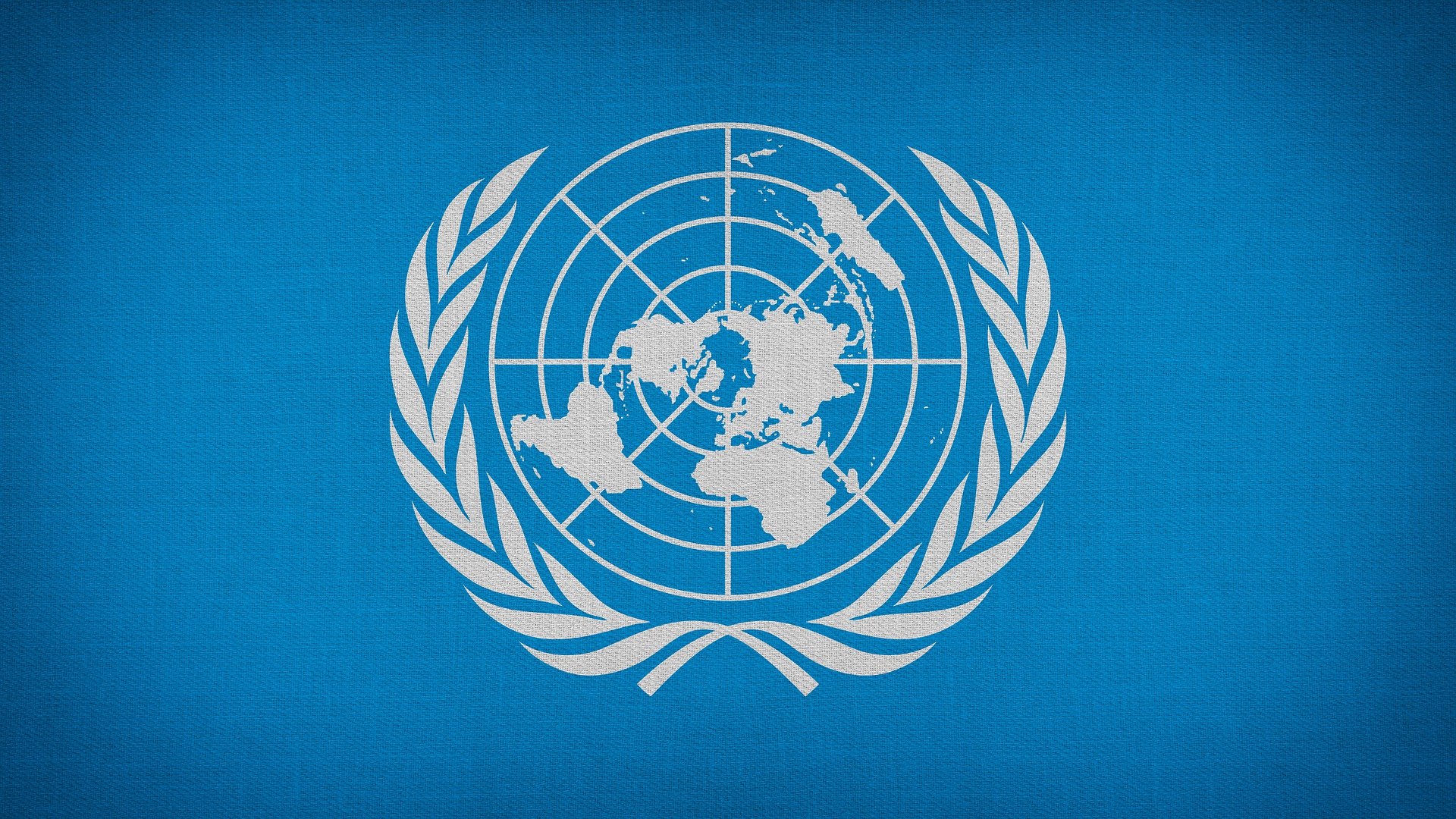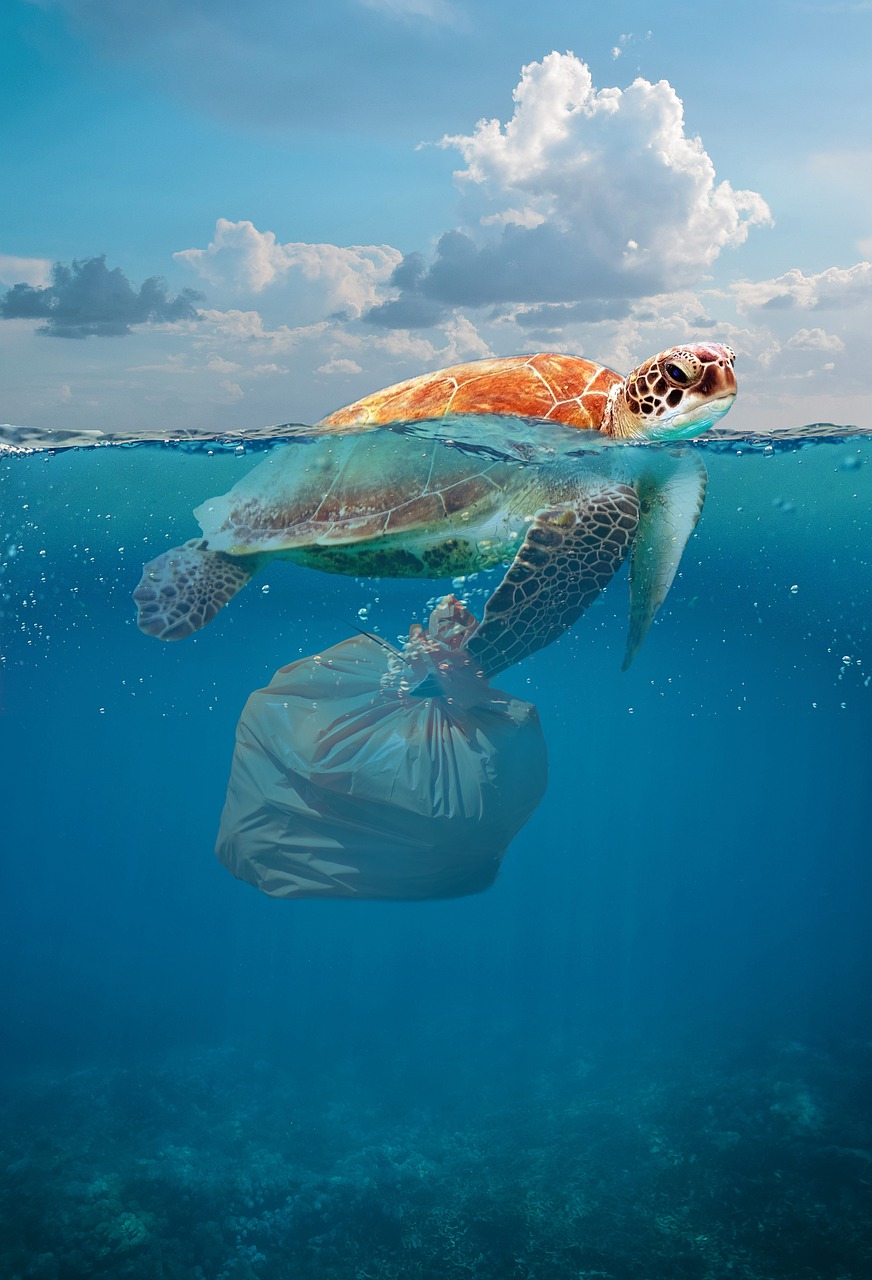Will the United Nations Global Treaty be a solution for plastics pollution?
by Jianhong Hu at 11:52 in Emerging, Environmental, Circular Economy
The United Nations Environmental Assembly (UNEA) will host the fifth session for global leaders from 193 Member States to share best practices for sustainability from 28 February – 2 March 2022. On the theme of 'Strengthening Actions for Nature to Achieve the Sustainable Development Goals', all Member States and stakeholders were asked for comments and input.

Member States have been coming up with different sets of draft Resolutions to address the matter. For example:
Peru/Rwanda draft resolution on plastics pollution
One of the strongest proposals is from Peru and Rwanda, suggesting the UN establish an intergovernmental negotiating committee with the mandate to prepare an international legally binding agreement to address plastic pollution. The legally binding treaty will include approaches to address the full life cycle of plastics, from design, production and consumption to waste management and treatment. If this passes, Member States will be involved in the committee, setting up national action plans in line with the treaty and reporting the progress of implementation.
Japan draft resolution on plastics pollution
Japan proposed an international legally binding agreement tackling plastic pollution. However, the focus of the Japanese resolution is on tackling the discharge of marine plastics rather than addressing plastic pollution from a full life cycle perspective.
India draft resolution on plastics pollution
The Indian draft called out the significance of curbing single-use plastics (SUPs) to address plastic pollution. Rather than setting up a legally binding instrument, this resolution recommends UNEA establish a framework encouraging Member States to consider developing more sustainable plastic design, reducing the use of SUPs from a legislative perspective and introducing extended producer responsibility for plastic waste.
Other draft resolutions regarding the UNEA's fifth session theme have also been raised under topics of biodiversity, circular economy, chemical waste management, etc. For more information, please visit here.

Lorax EPI is actively tracking the progress of international agreements regarding producer responsibility and packaging-related global trends. Contact Lorax EPI today to learn more about how these may impact your business.
 Click here to receive regular updates on blog posts, webinars, and regulatory changes directly to your inbox
Click here to receive regular updates on blog posts, webinars, and regulatory changes directly to your inbox

